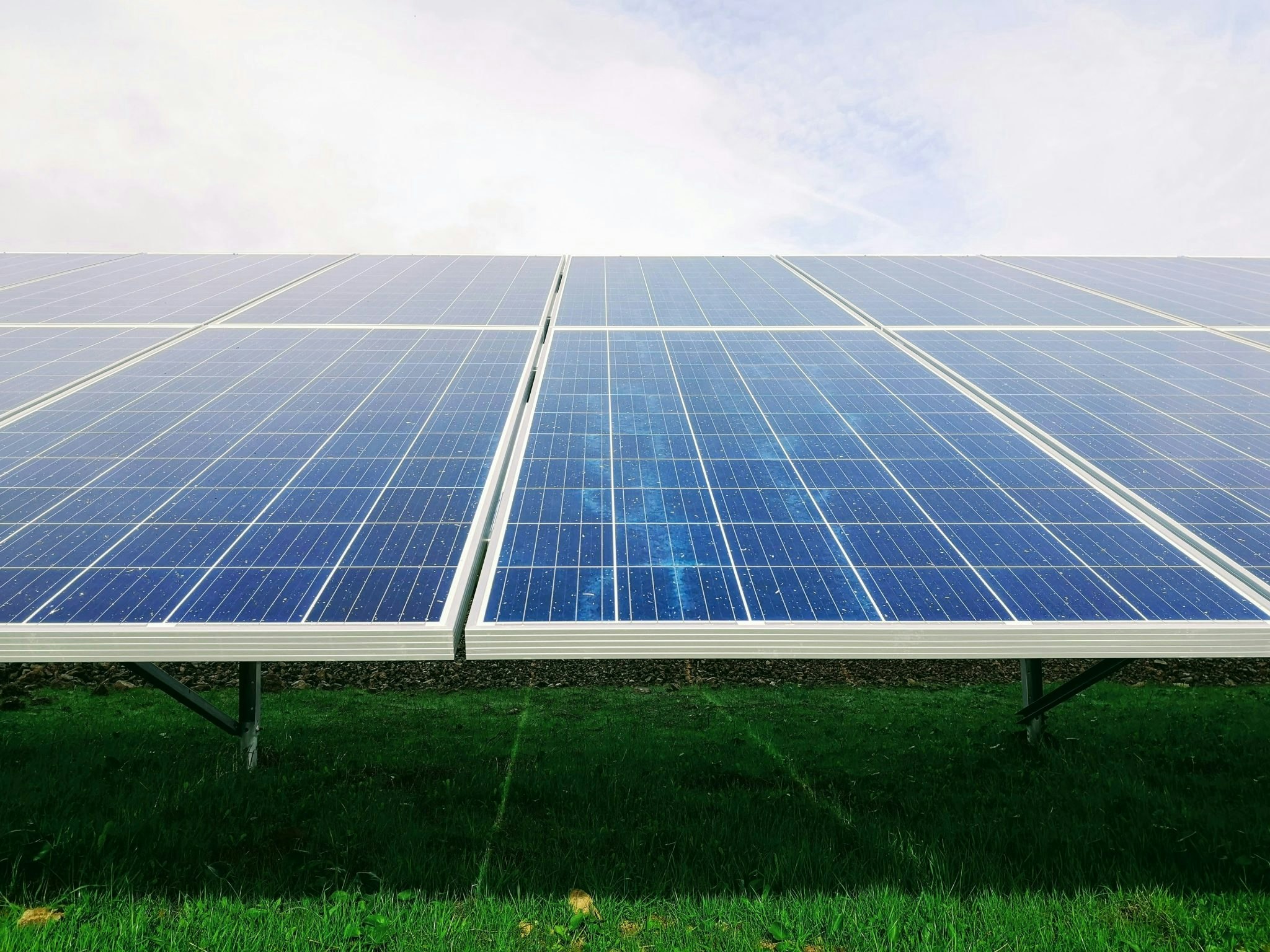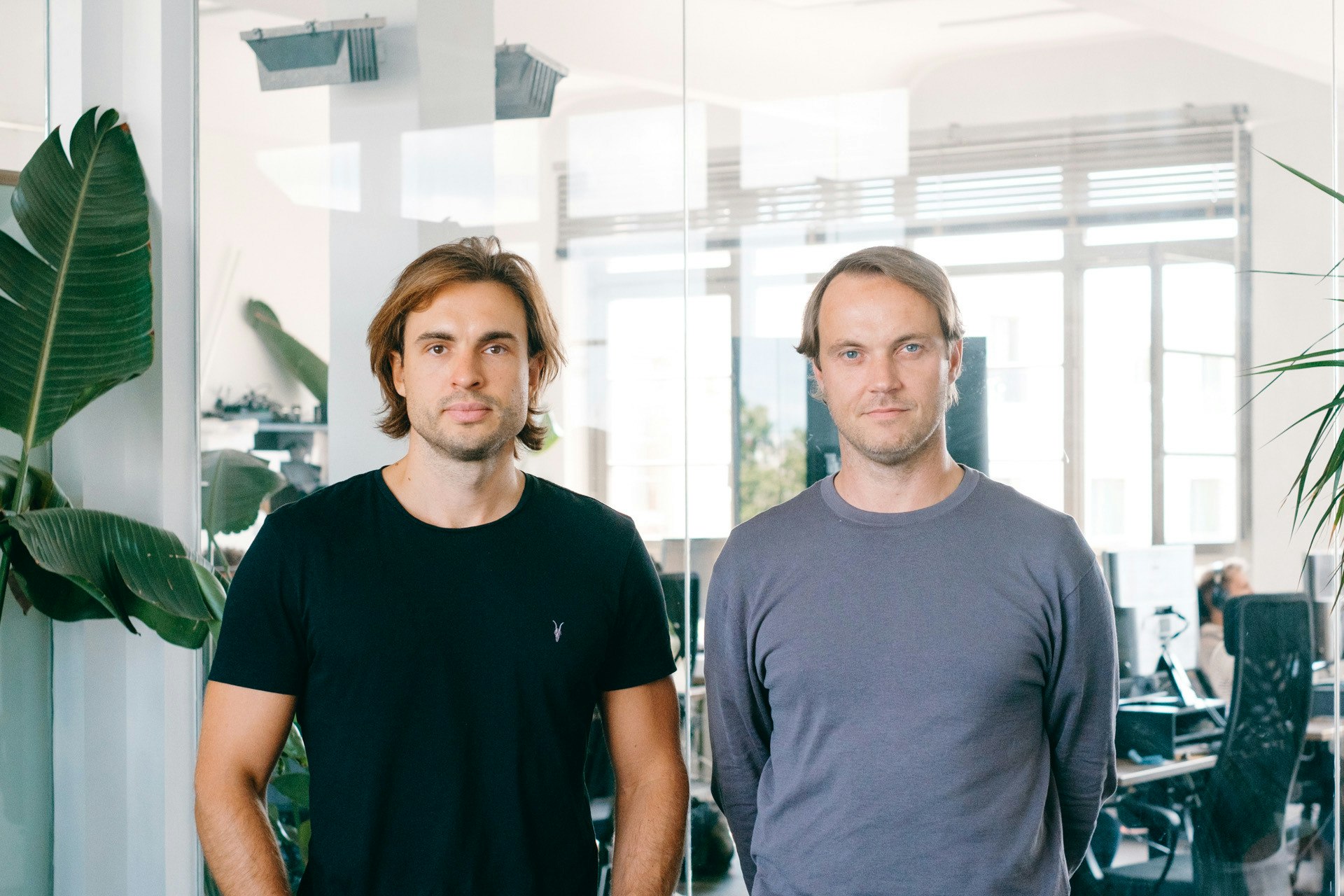In a rented office space in the centre of Berlin, scribbles on a whiteboard map out how an 11-month-old startup plans to eventually help fill a labour shortfall of millions in Europe’s green economy.
Berlin-based Smalt, cofounded by two ex-McKinsey consultants as well as edtech entrepreneurs Khurram Masood and Marius Westhoff, is a training academy and tech platform to upskill and deploy workers who can install green energy systems like solar panels, with a focus on employing some of Germany’s migrant population. Last spring, the startup raised €4.1m in pre-seed funding from investors including La Famiglia, Owl Ventures and Axel Springer.
There’s a huge gap for the startup to fill, with millions of workers needed in the green energy installation market, from the UK to Germany. And Europe’s Green Deal — aiming to transition the continent to become climate neutral on emissions by 2050 — has missed the mark in ensuring there’d be enough people trained to install the systems to be able to hit those numbers.
Smalt isn’t alone. Numerous startups have recently popped up aiming to do the same thing. It’s an issue that’s also caught the eye of some big venture capital investors, particularly in the last year or so: Smalt launched in April 2023; Berlin-based Montamo was founded in November last year; London-based Greenworkx was founded in late 2022; and Paris-based La Solive has been addressing the problem locally in France since 2021.
According to Smalt cofounder Masood, the recent boom is only logical. “The biggest problem to solve if you're based in Europe is climate. And I think the second biggest problem to solve is the shortage of blue-collar workers,” he says.
‘Coding bootcamps’ for green talent
In recent years, domestic green energy startups have become hot: in Germany, companies like Enpal and 1Komma5 have raised lots of investor cash, and the UK has grown titans like Octopus Energy, which also supplies energy to homes and was last valued at nearly $8bn. But no amount of surging demand for heat pumps or solar panels will move the needle in the climate crisis if there aren’t enough people to install them.
Some liken it to the rise of coding for tech jobs. “If you go back to 10 or 15 years ago, you [had] new ways of training people for these new types of jobs essentially around boot camps, super intense programmes,” Ariane Komorn, cofounder of La Solive, tells Sifted. “We had the same idea: ‘Okay, we have to offer something that empowers you in three months time to start your job or your business in energy renovation.’” La Solive offers applicants a three-month-long programme, with an option to spend six more months learning at a company. The startup partners with companies like heat pump manufacturers.
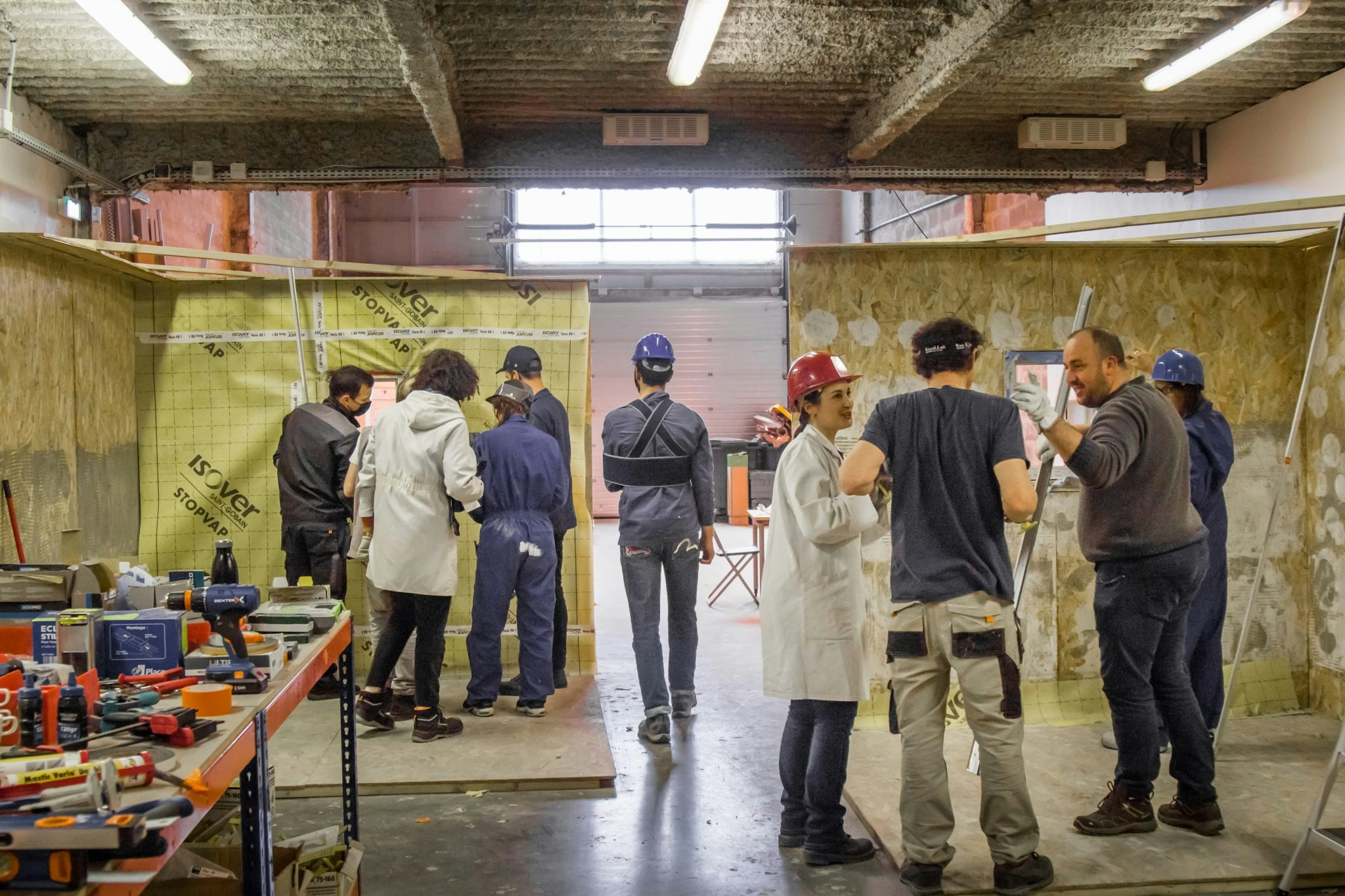
To fill these jobs founders are looking to Europe’s largely untapped immigrant population. "There's a lot of talent in Germany that we're using for delivering groceries in 10 minutes, which is a super cool thing," says Alexander Böhm, cofounder of Montamo, who most recently worked at delivery startup Gorillas (which was acquired by Getir in 2022). "But we could also use talent in the whole clean energy transition and […] give people more of a perspective of really growing in their jobs, becoming entrepreneurs."
It’s pertinent for countries like Germany, where far-right political groups like the AfD have recently been pushing anti-immigrant sentiment. These are “very earnest individuals who want to build a life here, who fled from war or something else, and they have not been given enough access to the labour markets,” Smalt’s Westhoff says. “We're just saying, 'Okay, let's do something about it, and let's actually integrate the people'.”
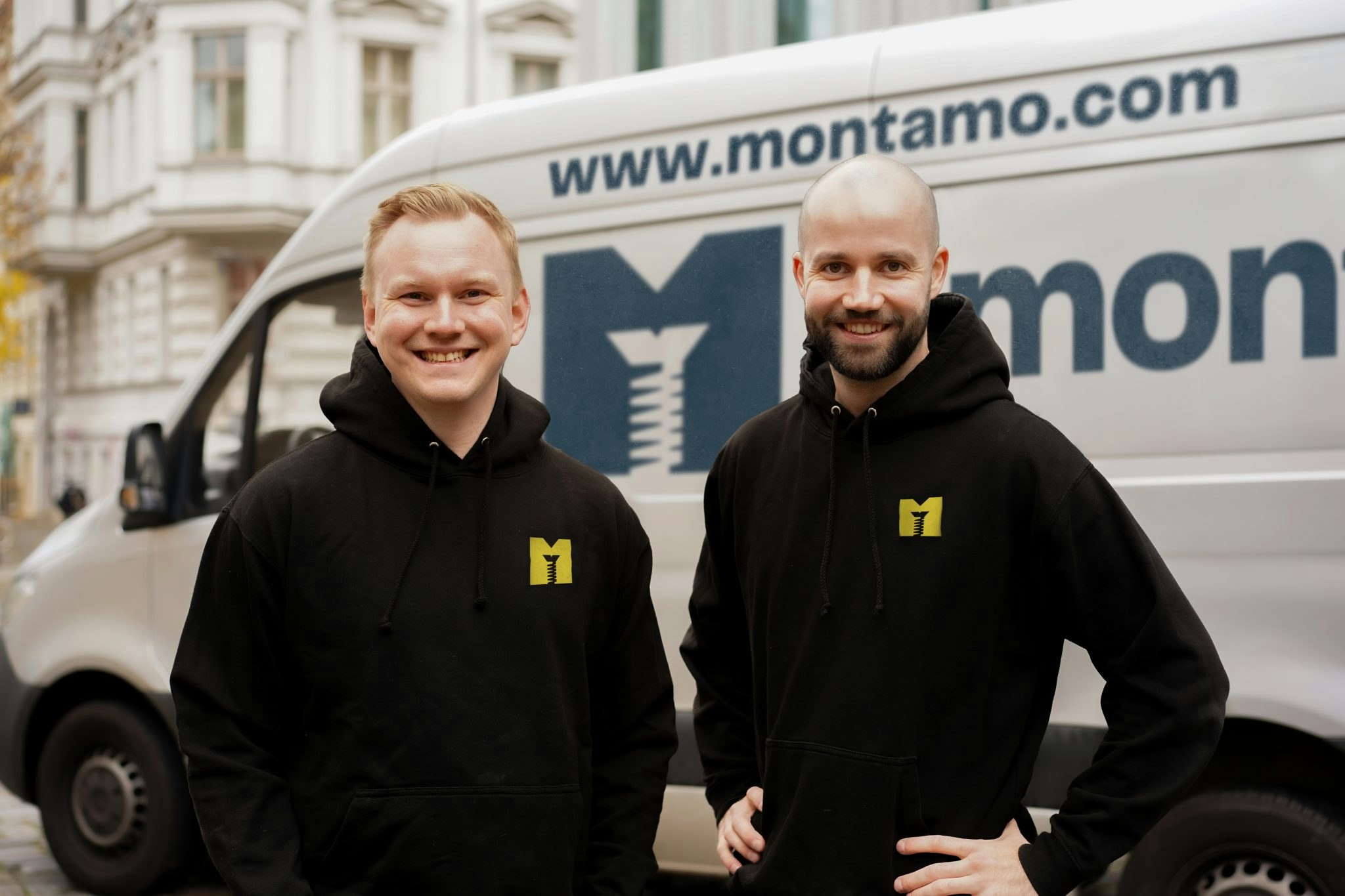
Founders say they also want to change the public perception of blue-collar jobs — which some view as rough-and-tumble construction work. "Unfortunately, there tends to be a lot more snobbery around these careers," says Greenworkx cofounder Richard Ng. "With net zero, they're genuinely vital for one of the most important missions in the world."
There’s also decent money to be made. Depending on skill level, the Smalt founders estimate newly-trained installers could make €2.5k a month, with more experienced installers able to make up to €3.5k a month.
Hire, train, deploy
Several of these startups have a hire-train-deploy model, where they find applicants, spend upwards of six weeks training them at a physical academy and with digital tools and apps, employ them and subcontract them out to install devices themselves. Smalt and Montamo both use this model, while La Solive’s trainees are hired by external companies.
Some domestic energy tech providers are trying to do a similar thing in-house: Enpal, the Berlin-based solar distributor, began training installers in 2022.
Startups like Smalt and Montamo work with a variety of customers — including such direct tech installers — and both startups say they plan to eventually enable workers to use their materials and tech for franchising.
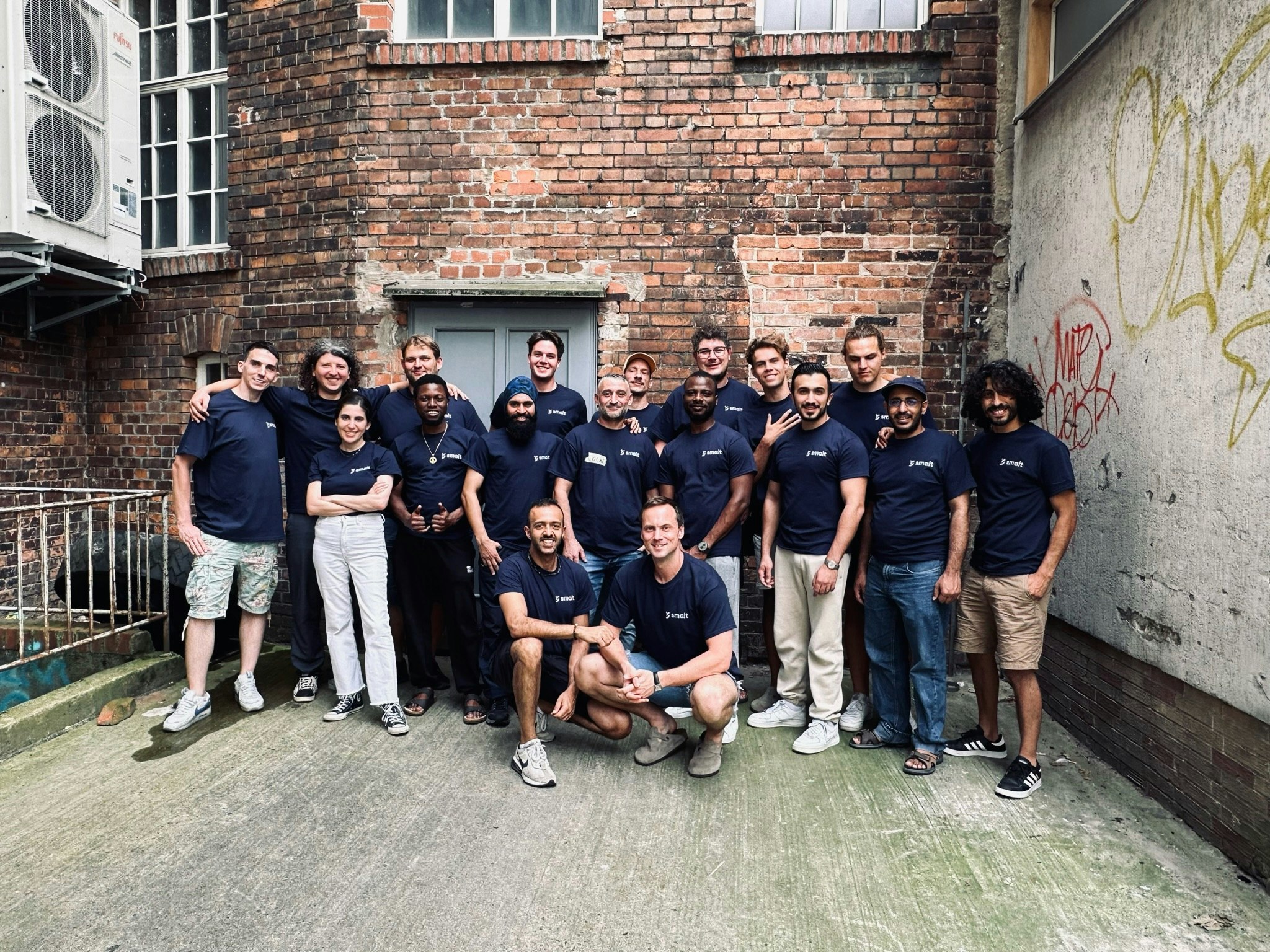
According to Kriti Bansal, a principal at Owl Ventures, the tech element is one of the reasons the firm likes Smalt. It’s building a tech platform that enables installers to follow checklists, send live updates from their worksites to increase efficiency and track mistakes, receive feedback and improve the curriculum in the future. She sees value in introducing these tech tools into the climate trades, which contrasts with the “manual paper and pen processes” being used by Meister shops, Bansal adds — referring to the arduous ‘Meister’ certification system required for craftspeople in Germany.
London-based Greenworkx, on the other hand, is a talent portal that recruits applicants and gives them a taste of what a career in green energy installation looks like via short, digital training courses — before passing them along to employers to finish the training. The team says more than 7,000 people are using the platform, with 200 people having completed a three-day course.
‘Tonnes of VCs are interested’
Green talent startups check several boxes for VCs — the hot climate tech sector, a big problem in an outdated industry that needs disrupting — and investors from La Famiglia (which merged last year with US firm General Catalyst) to Project A have been throwing funding at the space in the last year.
But investor interest is a relatively recent thing, says Judith Dada, a partner at General Catalyst/La Famiglia. “I think for a long time, maybe in the zero interest rate environment as well, it was sexier to fund other businesses that were less [operations]-heavy and just faster-growing than what VCs had considered this space to be,” she tells Sifted.
Some of the deals have been lively. Dada says she had an initial meeting with Masood and Westhoff on a Friday last year, and recalls that within 20 minutes she decided to cancel her next meeting to spend more time speaking with the team. She followed up with breakfast the next morning, and sent a term sheet within a few days.
“I think there's tonnes of VCs that are interested” in the space, Dada says. “[Smalt] is definitely a company that a lot of folks have pinged me on.”
London-based Greenworkx, which raised £600k pre-seed funding in the spring of 2023, also raised an unplanned extension during the summer after receiving more investor interest, cofounder Ng says. It brought in a total of about £1.5m at a pre-money valuation of £5.5m, he tells Sifted. The company is backed by VCs including Ada Ventures and PropTech1 Ventures.
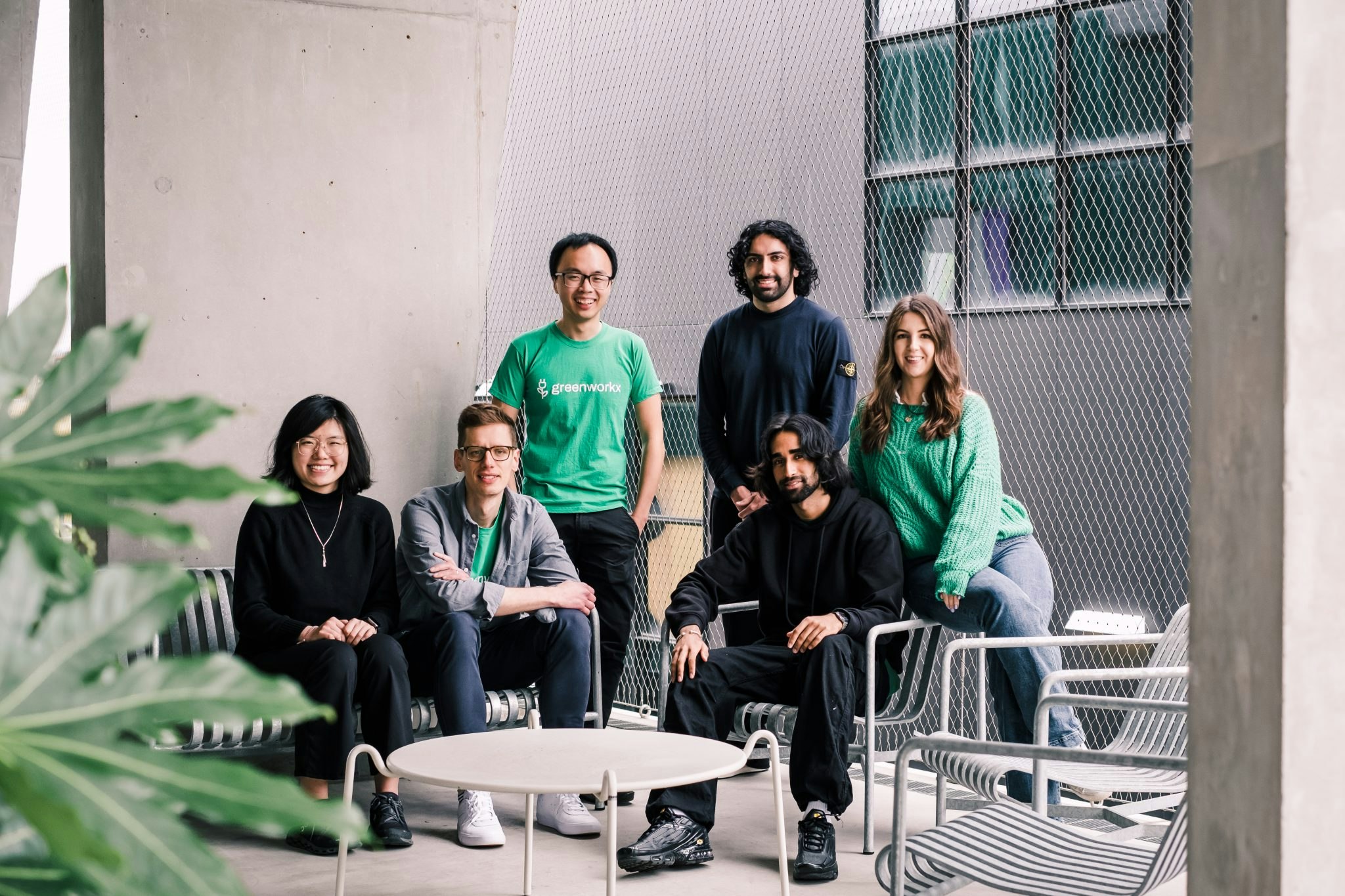
European and UK governments pushing for the green energy transition are also helping. Bansal notes governments are playing a key role from both the supply and demand side that impacts these green talent startups.
Greenworkx cofounder Mat Ilic, who previously worked in government policy and has advised Theresa May, has been calling for more subsidies for retrofits. However, he tells Sifted that he isn’t actively lobbying much considering broader regulatory support. He points to legislation like the UK’s Future Homes Standard, which aims to ensure new homes built after 2025 emit significantly less carbon by using systems like heat pumps and should stoke demand for installers.
In Germany, Montamo says it’s had support from ministries and members of parliament. Komorn, meanwhile, says La Solive has been selected to create a state-recognised solar installer diploma. The French government is also pushing to produce 1m heat pumps (and train people to install them) by 2027.
The VC-fundable problem
Despite the scope of the problem, some investors believe the green talent space is growing crowded. Many of them also have similar business models — and there’s scepticism over whether they’re fit for a venture growth trajectory.
“Are they VC-fundable? Some are, some are not,” Heidi Lindvall, general partner and cofounder of climate VC Pale Blue Dot, tells Sifted. “It’s hard with these types of generic recruitment platforms and matchmaking marketplaces, but I do think that there’s some opportunity to build something VC-scalable in training and upskilling, especially when it comes more from a B2B perspective.”
While many of these startups tout a tech element as a big component of their model and their defensibility against competitors, Lindvall, who says she’s been looking into this space for a few years, believes that companies focused on matching people and upskilling “will win by business model, brand, niche knowledge of the market — I don't think it's going to be the tech that is proprietary,” she argues.
Lindvall believes the space is pretty saturated, and she’s seeing a lot of competitors popping up in these early stages. That said, she says she would love to invest in the space but hasn’t found anything she believes is “a clear, VC-fundable opportunity where you can predict the winner at this point”.
At this early stage, these startups are still quite some way from filling those millions of jobs.
Smalt says it has 14 graduates so far and hopes to have up to 20 active installer teams (of three to five people) by the end of 2024, by which time it is also planning to expand into heat pumps.
Smalt’s cofounders do say there’s been a lot of interest among applicants though, telling Sifted that its first ad on jobs site Indeed touting “free solar training for two weeks, and a job for €2.3k if you graduate” received 4,500 clicks.
In France, La Solive aims to train 1,000 people this year. Komorn tells Sifted it plans to open four new campuses in 2025. Meanwhile Montamo is starting its first batch of around 10 people in its training facility in Munich, while also in the process of getting a qualification (called a Teilqualifizierung, or partial qualification) in Germany to offer official certifications through its training programme.
Westhoff envisages more of their kind popping up too. “There'll be more competition for sure — it's a huge problem,” he says. “And I guess we're not the only ones who saw that.”
